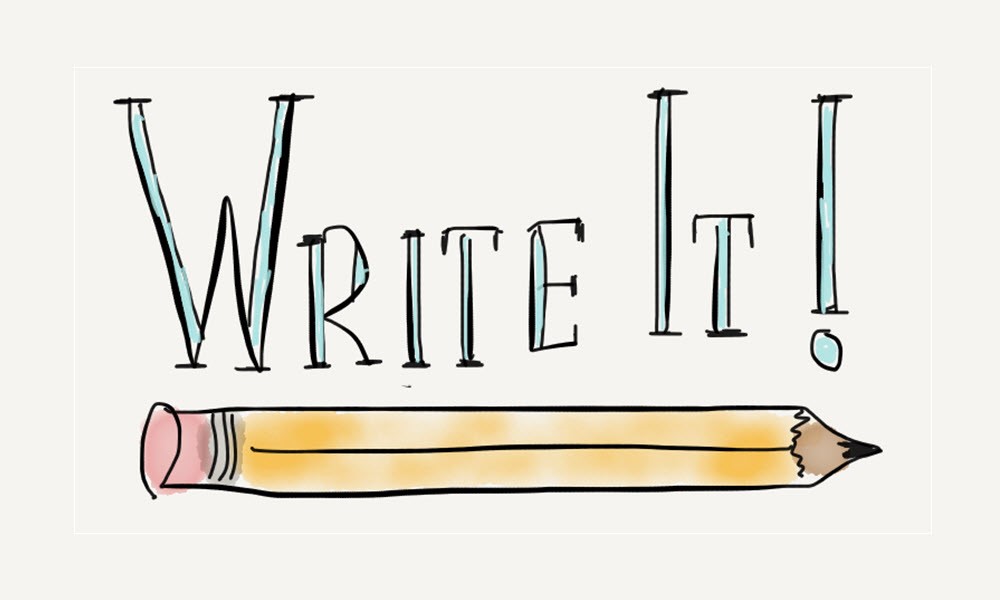
There is nothing so difficult, or so splendidly addicting, as writing about writing.
I have known that I loved writing for what feels like a very long time. I remember working on my first story, involving a girl who (somehow) absorbed a rainbow and is then pursued across the globe by a malignant individual who seeks (again, somehow) to snatch the rainbow from her. While my affinity for fantasy clearly got the better of me for this tale, what I remember most is coming home every day after school, sitting down at the transparent-topped coffee table, and working on it. There was such a tremendous, productive pride in that simple consistency, and especially in seeing it come to fruition as a finished product. And so, I wrote my first story, around the same time as landmarks like mastering the jacket zipper and counting to 100. And just as these other undertakings were fundamental tasks inextricable from the patterns of everyday life, so too did writing become for me.
I could hardly express the impact that poetry, which I still consider the most raw, potent form of written expression, and journaling, which has evolved from a mere transcription of events to an uplifting experience that restores order to your thoughts, have had on my wellbeing. But I can say that I have learned two tenets about it. One: writing is hard. And, two: writing gets easier. And in these two seemingly mutually exclusive statements is nearly all of what you need to know about writing.
There is almost always some level of struggle when sitting down to that blank page – scouring the mind’s reserves for that right word, pacing the balance beam between confident, idiosyncratic voice and arrogant impetuosity. And yet, with practice, while the process still retains its nature, you will find yourself more adapted to take up its gauntlet.
But why put yourself at the mercy of such a thorny undertaking with dubious advantages in the first place? I know from times when I heeded such objections that making the effort does make a difference. Short-lived as those times were, they were among the worst of my life. Not for the events they contained, but for the silence – or rather the muteness – of the mind, for it could have responded, could have lent perspective and insight and even drawn to the very pebble the description of the best path of action forward, but it was never permitted to part its lips. From this, I learned another tenet: writing helps. In some miraculous way, writing takes the base, inconsequential flotsam our lives are suffocating in and sweeps it away – thus clearing space for us to breathe, to sculpt our own responses that strengthen us by countering this inundation. Writing transforms us, transports us, changes us even as it makes us able to change the lives of others. I would give so much to show skeptics that this is what writing truly is – not some boring drudgery engineered as the ultimate torture method. Beyond the beauty of its final product, and its source of pride and inspiration for yourself and others, it also sets ripples of improvement in motion within ourselves.
One last tenet is that – for me, at least – writing is a necessity. I’m not talking about workforce requirements – I mean for having a worthwhile life. I believe that everyone has a purpose, a passion that each of us are uniquely fitted to pursue, and that for every moment we have, we must work and strive continually towards it. It is something within us that is asking, pleading, demanding to do its own part, however small, in changing the balance in the world even a notch toward goodness. For me, that gift and obligation is writing. And while I know that many far from share this positive view of the activity, it would be my privilege to prove what writing can be and to show others – especially young people bursting with imagination, who have so much to benefit from self-reflection and expression – that they, too, are both capable and deserving of the joy and challenge it brings.
